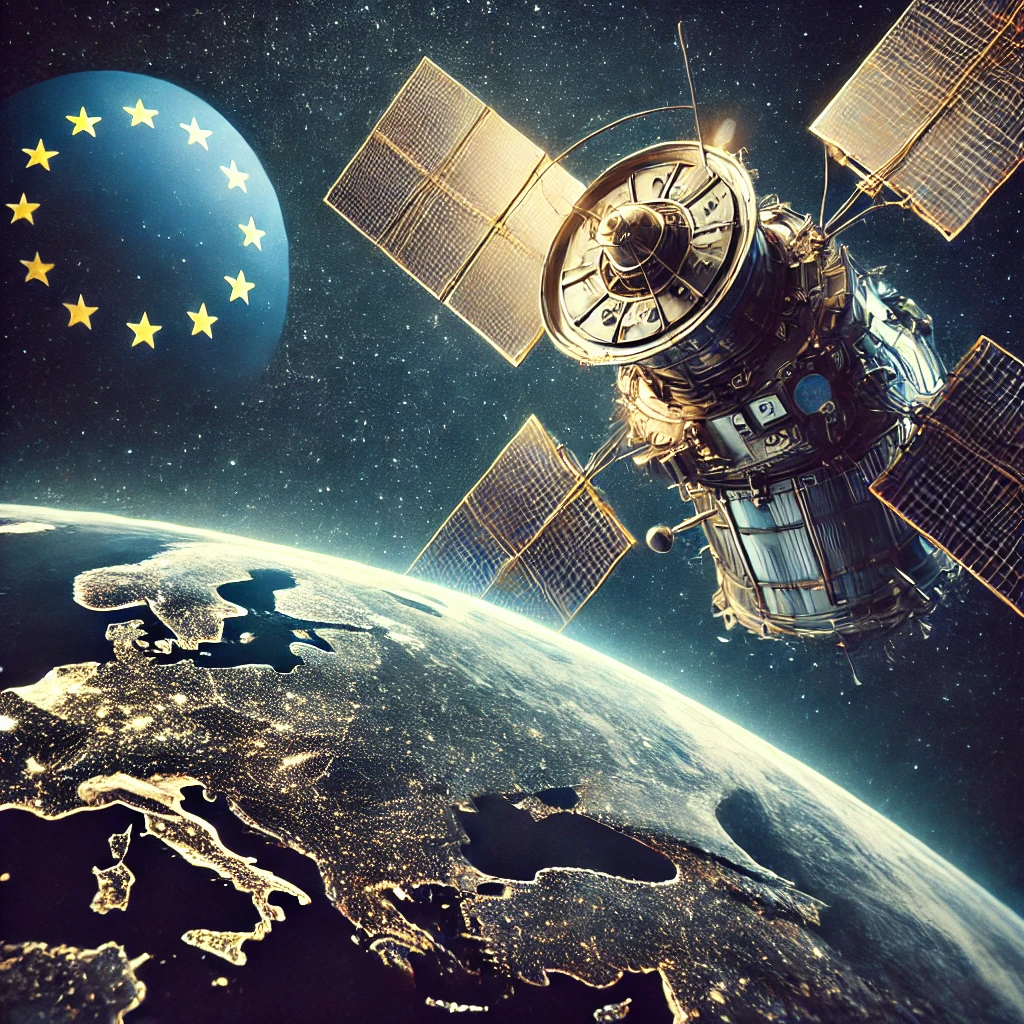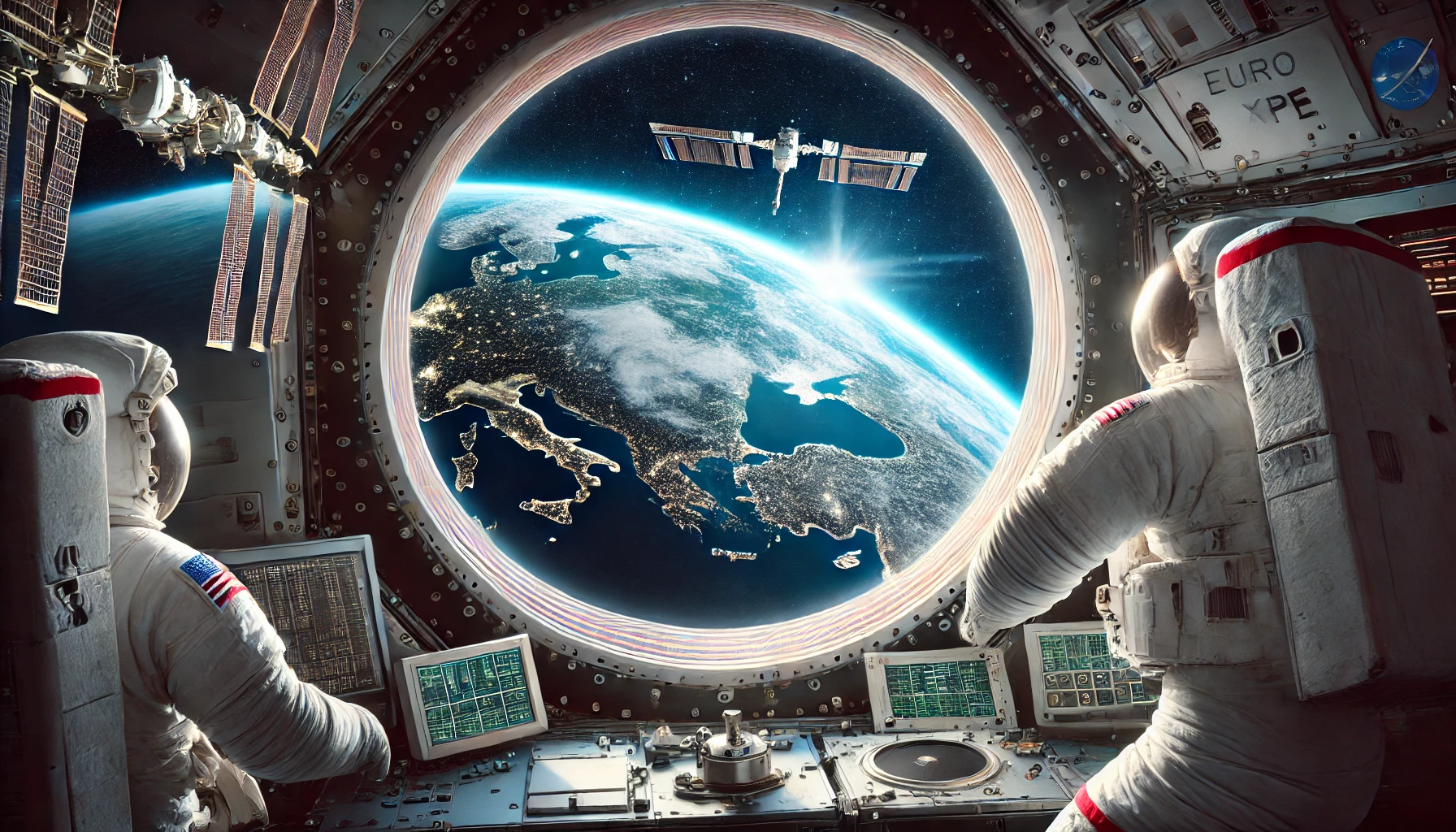The European Union has long been dependent on the United States for a variety of strategic needs, including in the space sector. For over 40 years, particularly the last two decades, the EU has found itself unable to take significant steps without Washington’s approval or support. However, recent statements from the head of the European Space Agency (ESA) suggest that the time for Europe to step out of this shadow may be approaching. The call for Europe to assert itself and compete globally is becoming louder.
Europe’s Space Industry at a Crossroads
Josef Aschbacher, the Director General of the ESA, recently highlighted the urgent need for Europe to bolster its space capabilities. Speaking at the International Astronautical Congress in Milan, Aschbacher emphasised that Europe must develop the strength to compete on the global stage. His comments come at a critical time when Europe risks being left behind in the fast-evolving space race, which is now more competitive than ever due to advancements from both the United States and other international players.
One of the biggest challenges Europe faces is the rising competition from private companies like Elon Musk’s Starlink, which has dominated the satellite market with its cost-effective, small satellites. In response to this, major European satellite manufacturers are considering strategic mergers. For example, discussions between Airbus and Thales Alenia Space, alongside Leonardo, have been ongoing since July. These talks aim to consolidate Europe’s efforts in the space sector to better withstand global competition.
European Space Agency’s Vision for Independence
During the Milan meeting, Aschbacher refrained from commenting directly on the potential Airbus-Thales merger, but made it clear that his focus is on ensuring that Europe’s space industry is globally competitive. “What worries me is how Europe can succeed on the global stage,” he remarked, underlining his commitment to fostering a solid and robust European space industry.
Aschbacher’s vision is not just about technological advancement; it’s also about ensuring that European taxpayers receive good value from these investments. “We must use taxpayers’ money in the best possible way to create a maximum impact,” he stated, stressing the importance of efficiency and competitiveness.
Competition from Across the Globe
The satellite sector, where Airbus and Thales have traditionally focused on large, high-tech satellites in geostationary orbit, is now seeing increased competition from low Earth orbit satellites, which are far more affordable to produce. This has triggered regulatory debates across Europe about whether the satellite market should be considered a European or global issue.
In the past, efforts to combine the satellite arms of Airbus and Thales have been met with resistance from the European Commission, but as competition grows, this opposition may fade. Europe needs a unified strategy to keep pace with the global market, particularly as Telespazio, another key player owned by Leonardo and Thales, continues to compete with Airbus in satellite services.
Accelerating Europe’s Space Ambitions
Aschbacher’s call to action also highlights the growing global success stories in space exploration, such as China’s lunar missions and SpaceX’s successful testing of the Starship booster recovery system. These advancements further underscore the need for Europe to accelerate its own space ambitions. Without significant movement, Aschbacher warns that Europe could fall irreversibly behind in the race for space dominance.
In an effort to combat this, ESA recently launched its Moonlight Project, a bold initiative aimed at providing communication and navigation services for more than 400 planned missions by space agencies and private companies. This project could serve as a stepping stone for Europe to finally break free from its dependence on the United States and assert its independence in space exploration.
Europe’s Space Future: Time to Step Up
Aschbacher’s words have struck a chord across the continent. For decades, Europe has been tied to the US for leadership in technology, defence, and space. But now, the European Union faces a critical juncture. Will it continue to rely on others, or will it take bold steps to establish itself as a global leader in space?
The next few years will be crucial. If Europe wants to avoid being left behind, it must unite its industry, accelerate innovation, and invest strategically. The world is watching, and Europe cannot afford to miss this opportunity.






